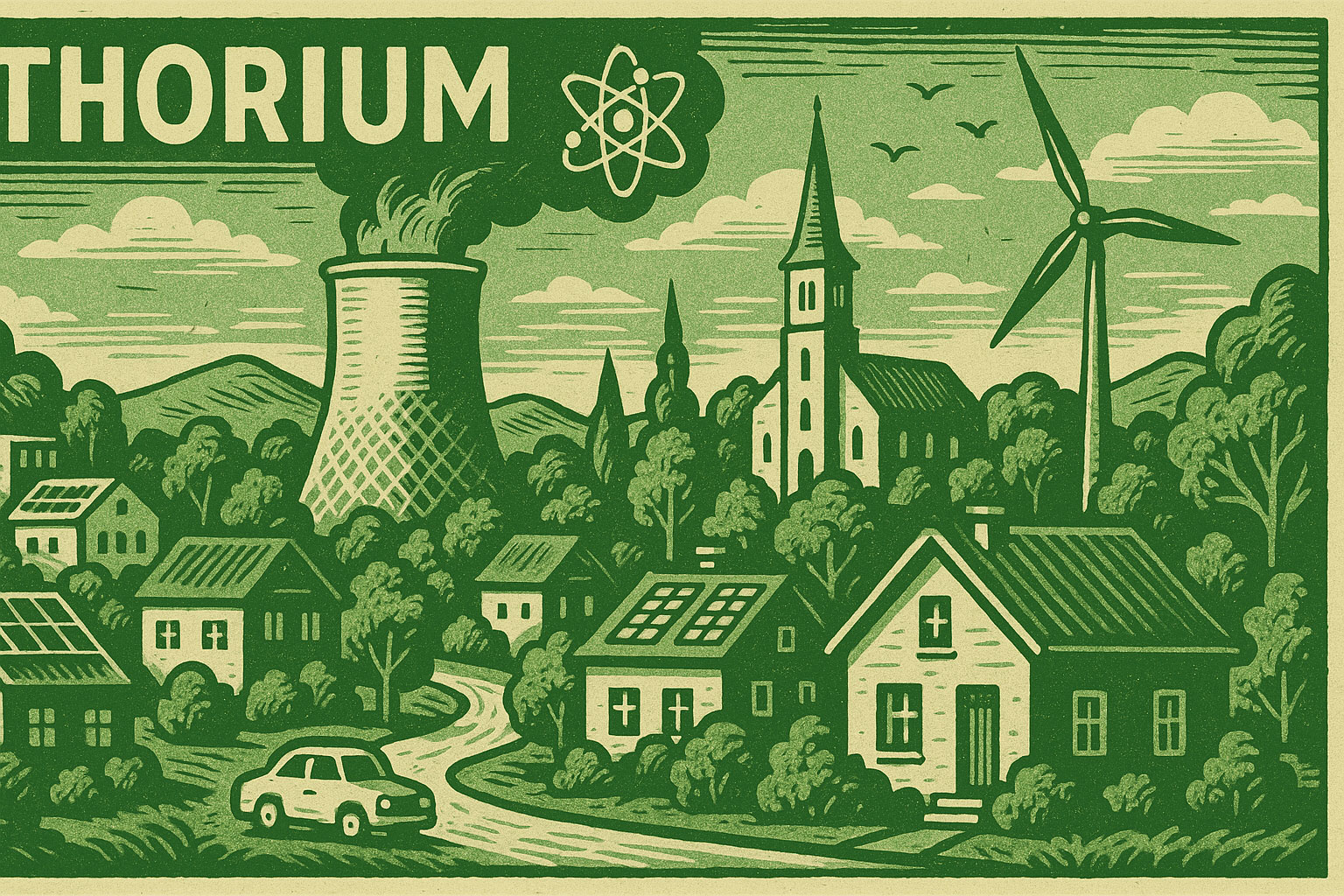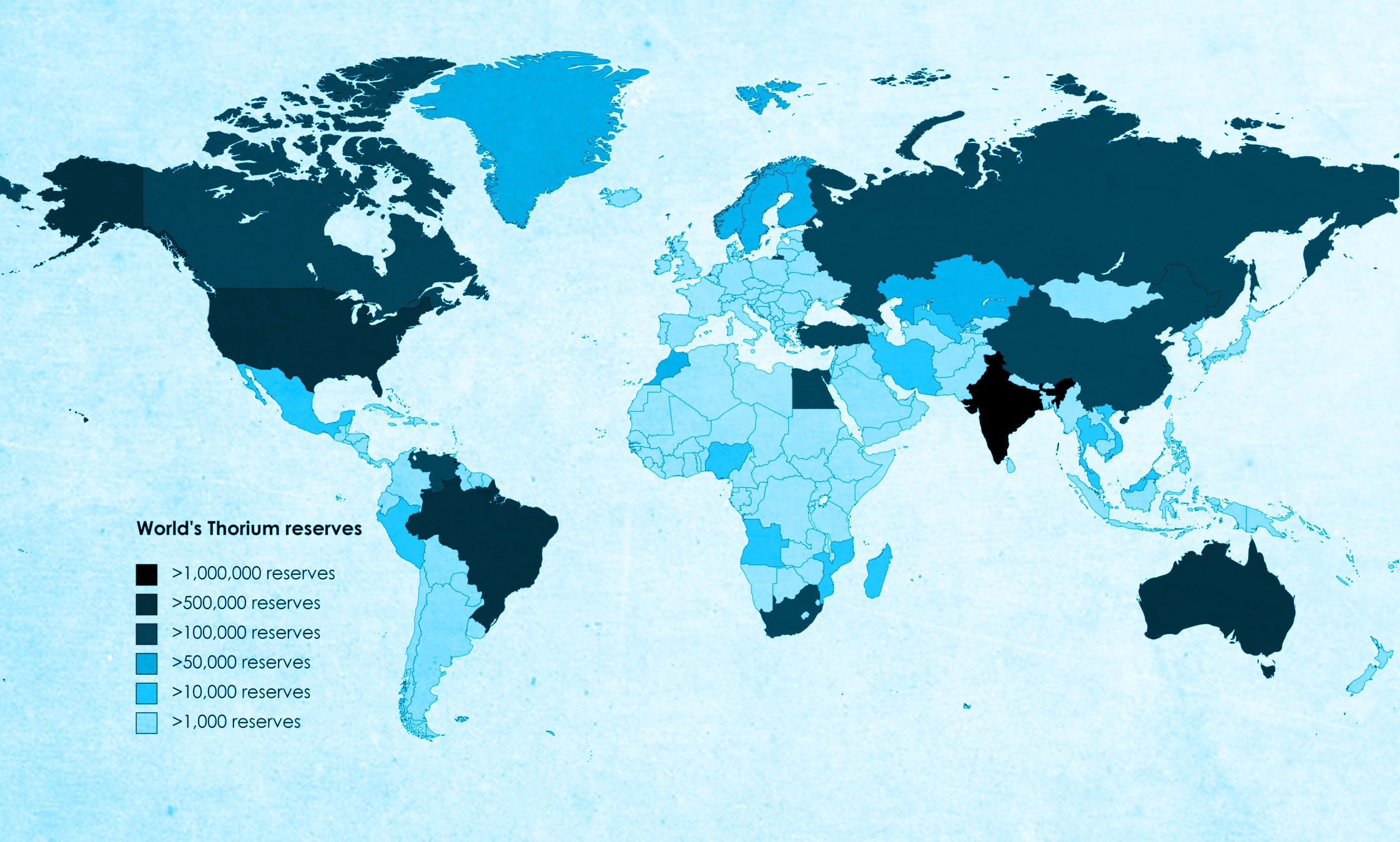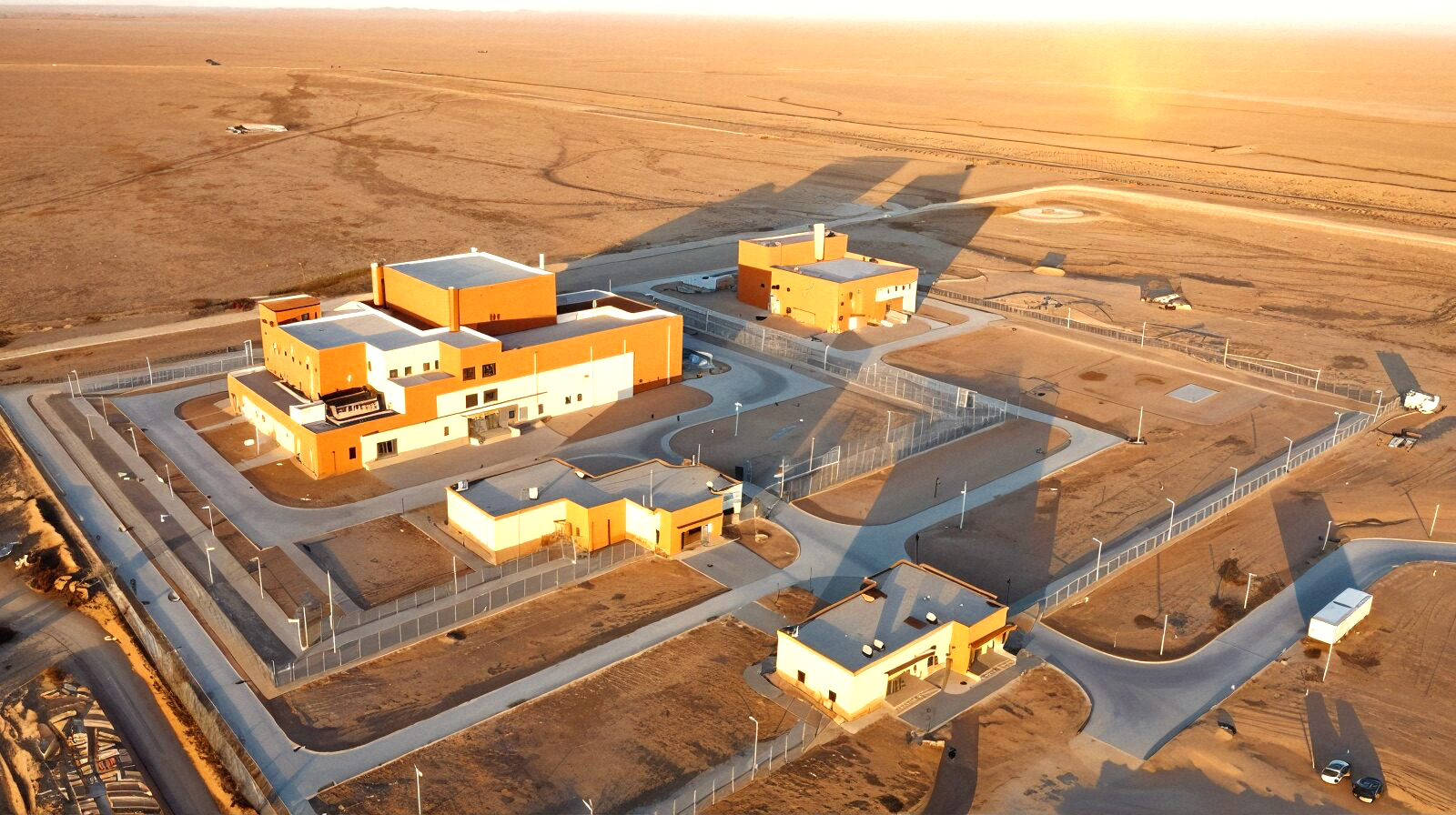
Thorium’s Promise: A Safer Fuel or Another Nuclear Mirage?
Posted by: iraszl on December 08, 2013

The point being missed on all sides is that Thorium is: a) not fissile so not a weapons materials, and b) its lower mass produces U233 not Plutonium, in typical reactors.
b), in turn means: 1) little heavy waste is produces, since U233 fisasions ~90%m of the time a neutron is captured, and 2) U233, made by Thorium capture of a neutron, is accompanied by some U232, which is extremely dangerous for those handling the Uranium, whether for bombs or not. There's good reason why we made only 1 U233 bomb in the Cold War.
Solid-fuel interests are indeed resistant to moving either to Thorium or molten-salt reactors.
Thorium is a cheap waste product of rare-earth mining, and molten-salt reactors need less fuel because fission products that ruin reactor neutron economics come out of the salt continually -- there is no 'spent' fuel. Almost every Thorium atom ends up releasing the fusion energy stored in it billions of years before our sun existed. This has been known since 1942 and proved in both the Shippingport and Indian Point LWRs. And Thorium-laced solid fuel assemblies have been available from folks like LightBridge. India, of course, is extending that path.






